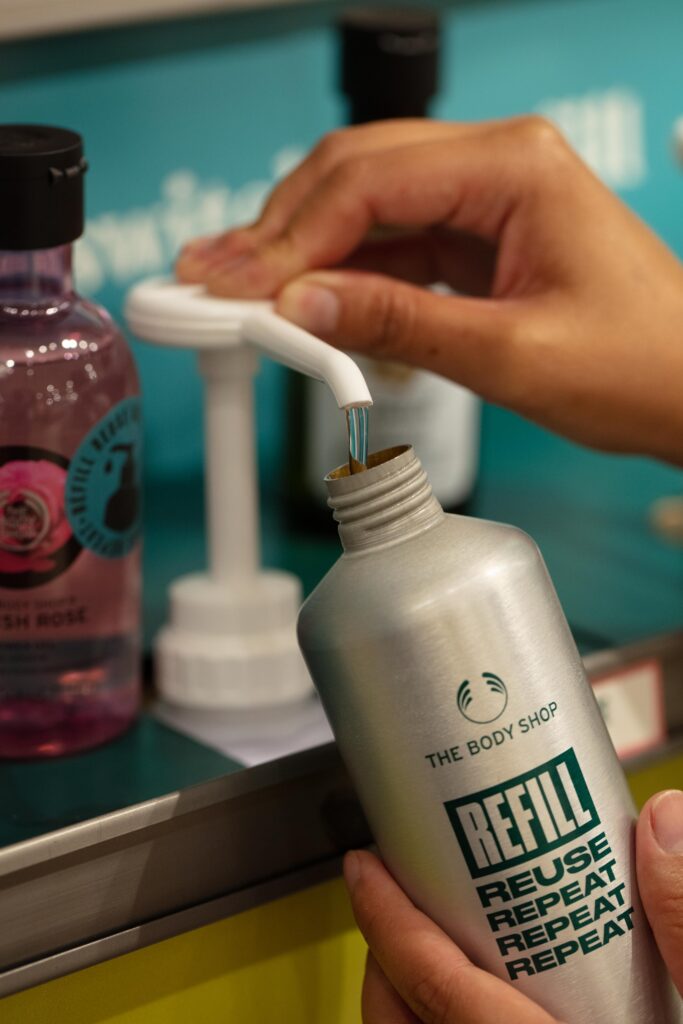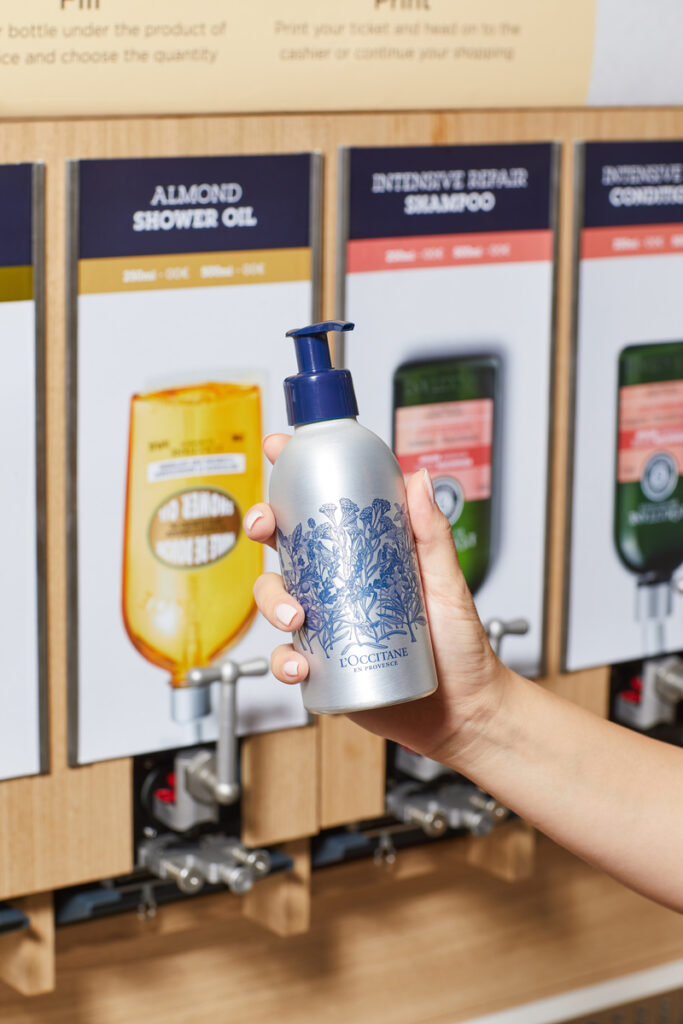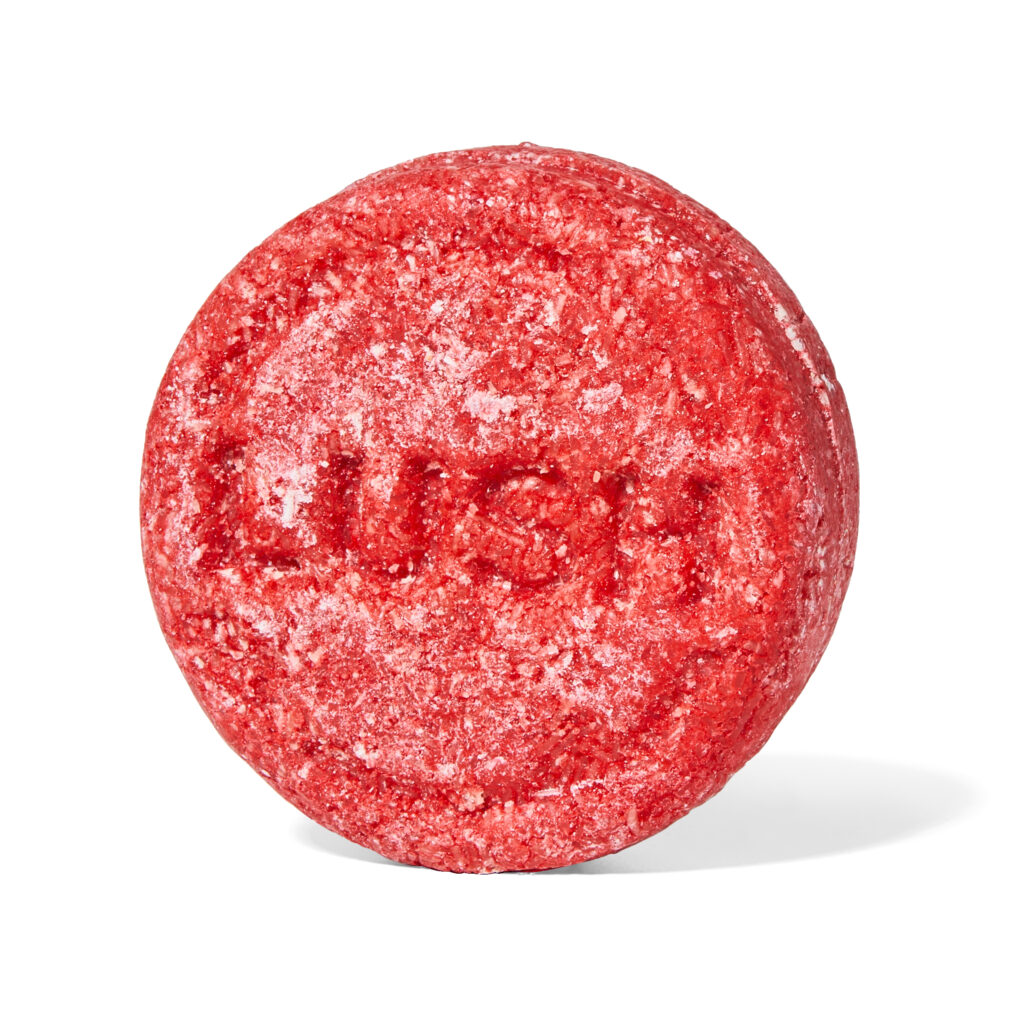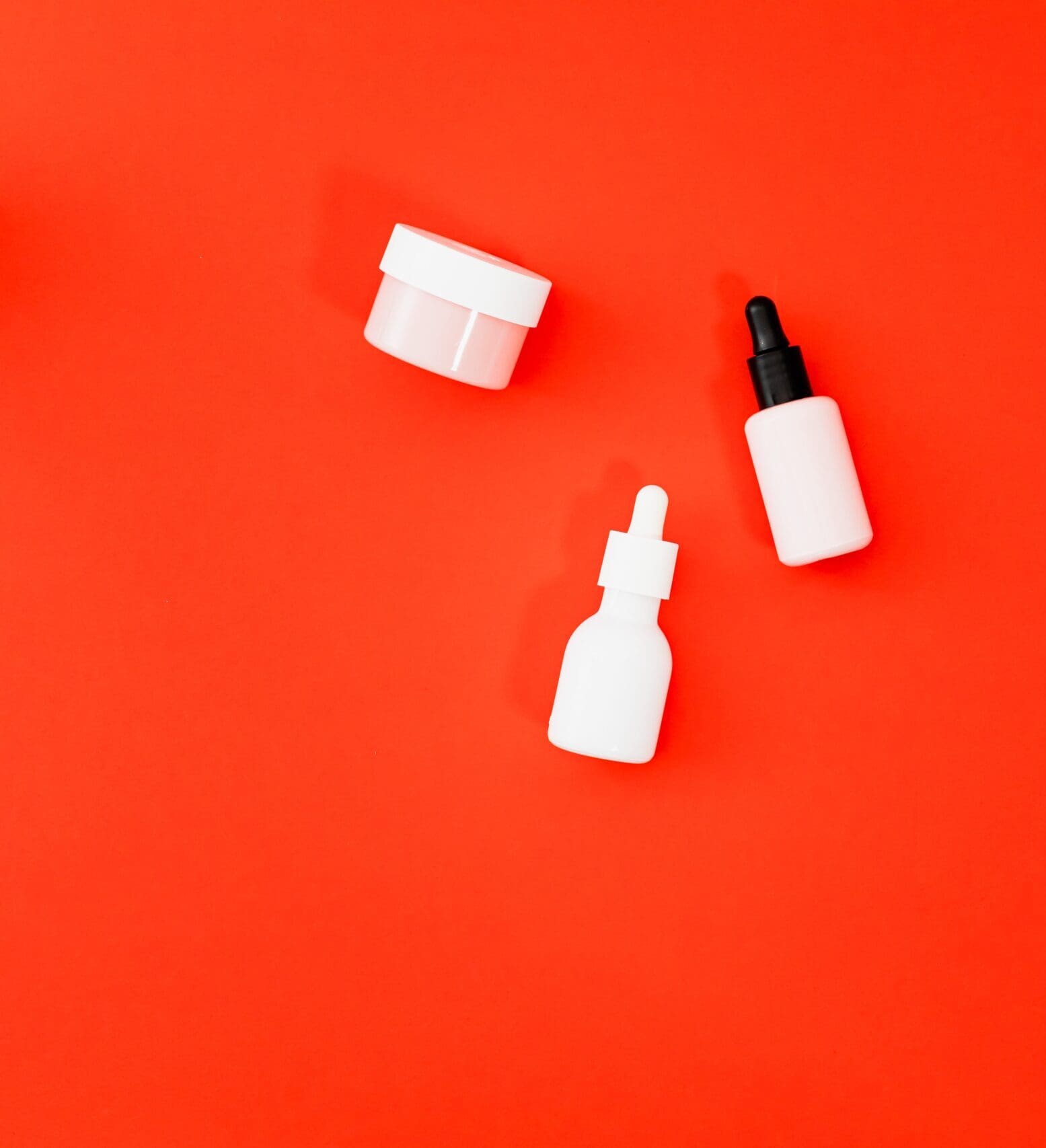Recycling the plastic lid of an eyebrow pencil is more challenging than you might think. “Small items,” explains Alex Payne, “often go undetected and fall through the processing machinery.” He is the PR manager for TerraCycle North America, a company dedicated to “recycling the unrecyclable.” Payne says, “This type of hard-to-recycle waste takes the form of virtually anything, from cigarette butts to plastic snack packaging to used chewing gum.”

Over the years TerraCycle has teamed up with various beauty brands on innovative recycling solutions. The ugly truth about the beauty industry is that it generates an unattractive amount of waste each year—more than 120 billion units of cosmetics packaging annually, according to Zero Waste Week. One issue is the colour of the packaging. Most manufacturers don’t want to use dark-coloured recycled plastic, Payne says. “The majority of manufacturers want to buy white or clear recycled plastic because it’s easier to introduce other colours into the mix as opposed to trying to alter the colour of an existing pigment.”
In other words, the problem is two-fold: beauty brands usually want very specific colours of plastic, which can be difficult (or impossible) to find in recycled plastic, so they often use new plastic instead. And, even when programs are set up to collect plastic packaging waste from the beauty industry and recycle it, much of that plastic is coloured, so there aren’t many buyers for the recycled plastic that is created. Again, there isn’t much of a market for dark-coloured recycled plastic.
Add to this the fact that, often, the very aspects of packaging that make a beauty product easy to use—twistable, squeezable, etc.—also make it difficult to recycle. “The more complex the packaging, the harder it is for conventional recyclers to collect, separate and recycle,” Payne says. “As a result, the resources needed to effectively recover and recycle this waste render the process simply not economical, and these items are ultimately diverted to the landfill.” Fortunately, TerraCycle has more resources than a conventional recycler, and the company has figured out how to recycle items as small as a toothpaste cap, hairpin and mascara wand.

Holt Renfrew is one of the big retailers that has partnered with TerraCycle. Customers can deposit empty bottles, tubes and caps from shampoo, hair gel, lip gloss, mascara, eyeliner, concealer, lotion and more in specially marked boxes in the department store’s Beauty Hall. Plastic might get recycled into a park bench or picnic table, while metal might be reused in nuts, bolts and washers.
L’Occitane, another TerraCycle partner, has long prided itself on its sustainability focus. “L’Occitane has been a pioneer in the refillable and recycling sector since the company’s birth in 1976,” says Brittany Evans, the company’s associate manager of PR and influencers. “L’Occitane is always looking for ways to improve their carbon emissions and footprint, recycling included.” The company’s Aluminum Forever Bottles are made from 100 per cent recycled aluminum, and they can be refilled over and over again. “It saves roughly 200 tonnes of plastic per year,” Evans says.
The Body Shop is also embracing the refill model by rolling out refill stations around the globe. “To date, we have refill stations in 499 stores across 51 countries, with plans to implement refill stations in another 400 stores by the end of 2022,” says Hilary Lloyd, VP of marketing and CSR for The Body Shop North America. “When given the choice between our standard pack and refill, we’re thrilled to see that in some store locations, 50 per cent of customers are choosing refill.” Payne applauds refill models such as these, saying, “Glass and aluminum are both 100 per cent recyclable without any resulting loss in quality and should be some of the first options considered by a beauty brand looking to reduce its environmental footprint.” He also recommends that companies look at using no packaging at all, wherever possible.

Lush is one such brand that sells an assortment of “naked” products—shampoo bars, bubble bars, massage bars and more that lack packaging. Those products that do require packaging—like facial scrubs and liquid body washes—come in post-consumer recycled plastic pots or bottles, while Lush’s new scented candles are packaged in recyclable glass.
Though these programs are all a step in the right direction, there’s an enormous amount of progress still to be made, especially when it comes to online shopping and the environmental problem of extra packaging for shipping. As any marketing person can attest, changing consumer behaviour is hard work. To encourage shoppers to return beauty packaging to a bricks-and-mortar store, companies like L’Occitane offer the enticement of a discount off a future purchase.
Payne remains optimistic: “Single-use traditionally non-recyclable products may have the added benefit of convenience, but there are plenty of ways to engage consumers with added incentives and exciting alternatives.” Maybe the beauty industry’s future isn’t looking so ugly after all. —Sheri Radford

Be the first to comment